Introduction
In todays evolving business landscape conducting due diligence isn't just a routine task—it serves as the foundation for making informed choices and achieving long term prosperity. This piece explores the elements of due diligence offering guidance to organizations, on conducting a thorough examination of their financial status organizational setup, clientele, staff relationships and legal position. By engaging in financial scrutiny companies can identify patterns and gauge their financial robustness.
Knowing the complexities of business setups and legal obligations is crucial for risk management and adherence to regulations. Conducting customer research provides valuable insights into purchasing patterns and customer satisfaction levels that are necessary for developing successful engagement plans. Examining employee data is essential, for offering salaries and retaining talent within the organization. Legal scrutiny is important to avoid issues and safeguard intellectual property rights.
Each part offers advice and real life illustrations to help companies understand how to effectively manage their due diligence procedures and promote progress and resilience in a constantly changing market environment.
Financial Due Diligence
Examine the financial reports from the last three years which include income statements and balance sheets to gain a good understanding of how the organization is performing financially and its performance over time as recommended by the Securities and Exchange Commission. Examine the trends in revenue and profit margins to assess how stable the organization is financially and its potential for growth, which can demonstrate whether the sources of revenue are consistent and repeatable as indicated by evaluations of earnings quality. Analyzing cash flow statements is essential to understand a business capacity to generate cash for sustaining operations and supporting expansion efforts. For example, a company that successfully increased its cash reserves to $5 million through money management serves as a prime illustration of effective cash flow management. Carefully reviewing tax returns is crucial to spot any irregularities or warning signs that could point to problems. Precise tax documentation is essential, for complying with regulations and avoiding complications as highlighted by audit experts committed to confirming the accuracy of monetary records. Assess your debts and financial responsibilities to grasp the financial commitments and possible risks involved in the.Dramatic shifts in liabilities, such as a drop from $16 million to $9 million may suggest debt control or reorganization efforts that are vital, for ensuring long term financial security.
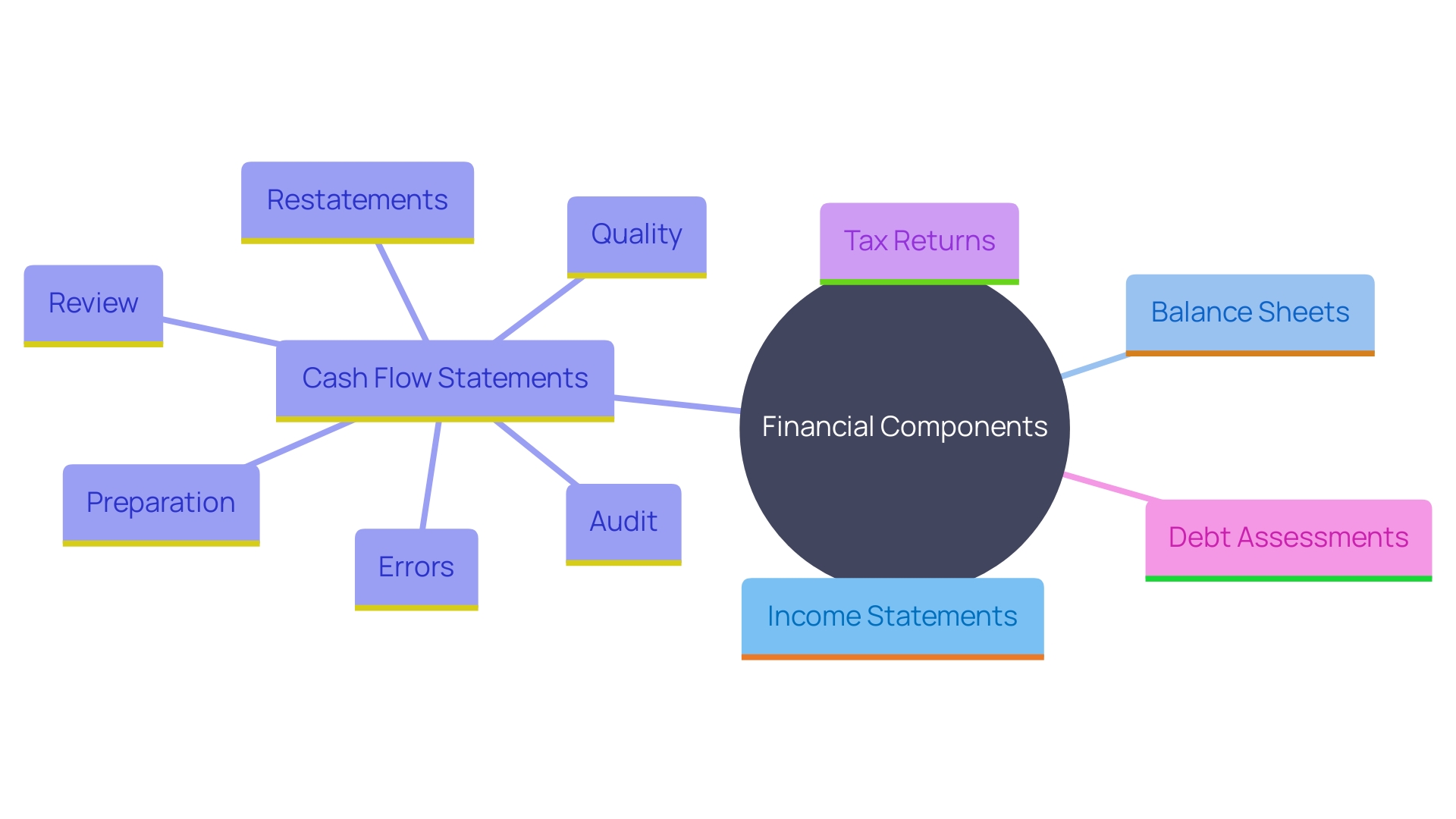
Company Structure and Information
Make sure you understand the arrangement of your enterprise. Whether its an LLC (Limited Liability Company) corporation (Inc.) or a unique structure like a Perpetual Purpose Trust that safeguards the company's mission for the long haul. It's important to grasp the distinctions among these setups for managing risk effectively. Thoroughly check ownership papers, like articles of incorporation and bylaws to guarantee they meet all standards. It's crucial to steer of possible regulatory challenges and practical problems when venturing into new markets. Being vigilant about any ongoing lawsuits or legal concerns is crucial as they have the potential to greatly affect the financial health and reputation of the company. Considering that 36 53 percent of small businesses grapple with lawsuits annually underscores the importance of this measure. Explore the organization's operational history and notable accomplishments as they provide important insights into its growth trajectory and strategic decisions. Examining history can disclose whether an organization has faced difficulties or has consistently met its goals. Examine the organization's reputation and market position to determine its competitive edge and how clients perceive it favorably for potential success over time; this is illustrated by the resilience of small businesses highlighted in recent studies carried out by Fiserv.
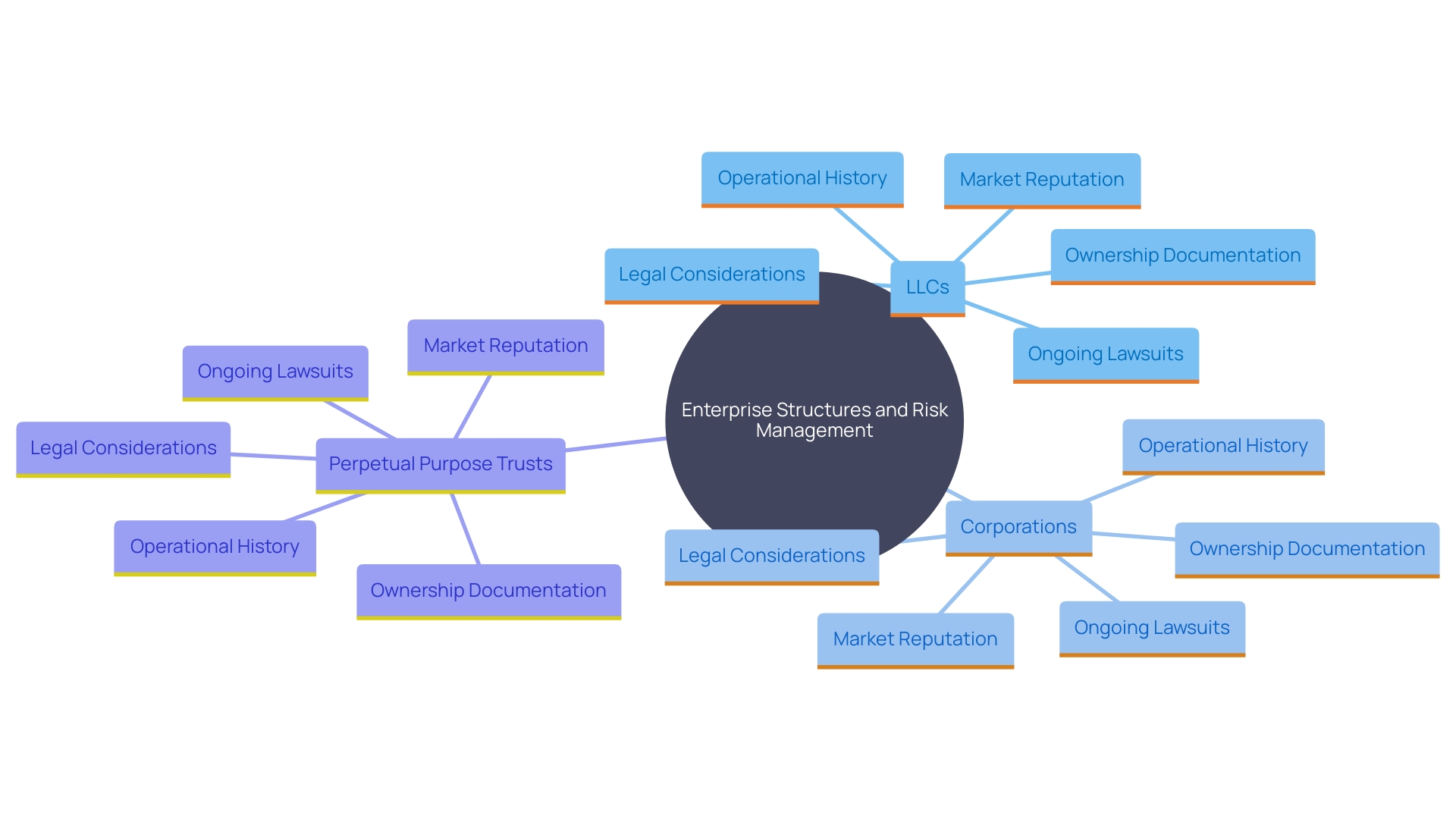
Customer Due Diligence
Carefully study the demographics. Purchasing behaviors of clients to identify significant trends and preferences that can assist in developing tailored marketing strategies and improve interaction with clients effectively. For example, utilizing AI in marketing techniques has shown to enhance online visibility and engage a larger audience. Examine client agreements thoroughly to ensure terms that foster enduring relationships and minimize conflicts before they occur. Tracking client retention rates and turnover is essential for maintaining a client base. Maintaining clients is truly essential since a slight rise in client retention can result in a surge in profits between 25 and 95 percent! Furthermore, loyal patrons typically allocate 67 percent additional funds during the period from months 31 to 36 of their association with a company in comparison to the first six months. Analyze key accounts and how they affect revenue streams¸ as these accounts are typically essential, for business triumphs and knowing their influence can help with allocating resources and planning strategies effectively. For example AccountChek has played a role in finalizing more than 3 million mortgage deals highlighting the value of strong collaborations in boosting revenue. Assess satisfaction levels of clients. Feedback regularly. Favorable experiences for clients often result in loyalty, with 83% of individuals demonstrating enhanced allegiance to brands that manage their issues effectively. Interacting with customers through surveys and feedback channels can offer insights for ongoing enhancement helping businesses remain attuned, to customer demands and preferences.
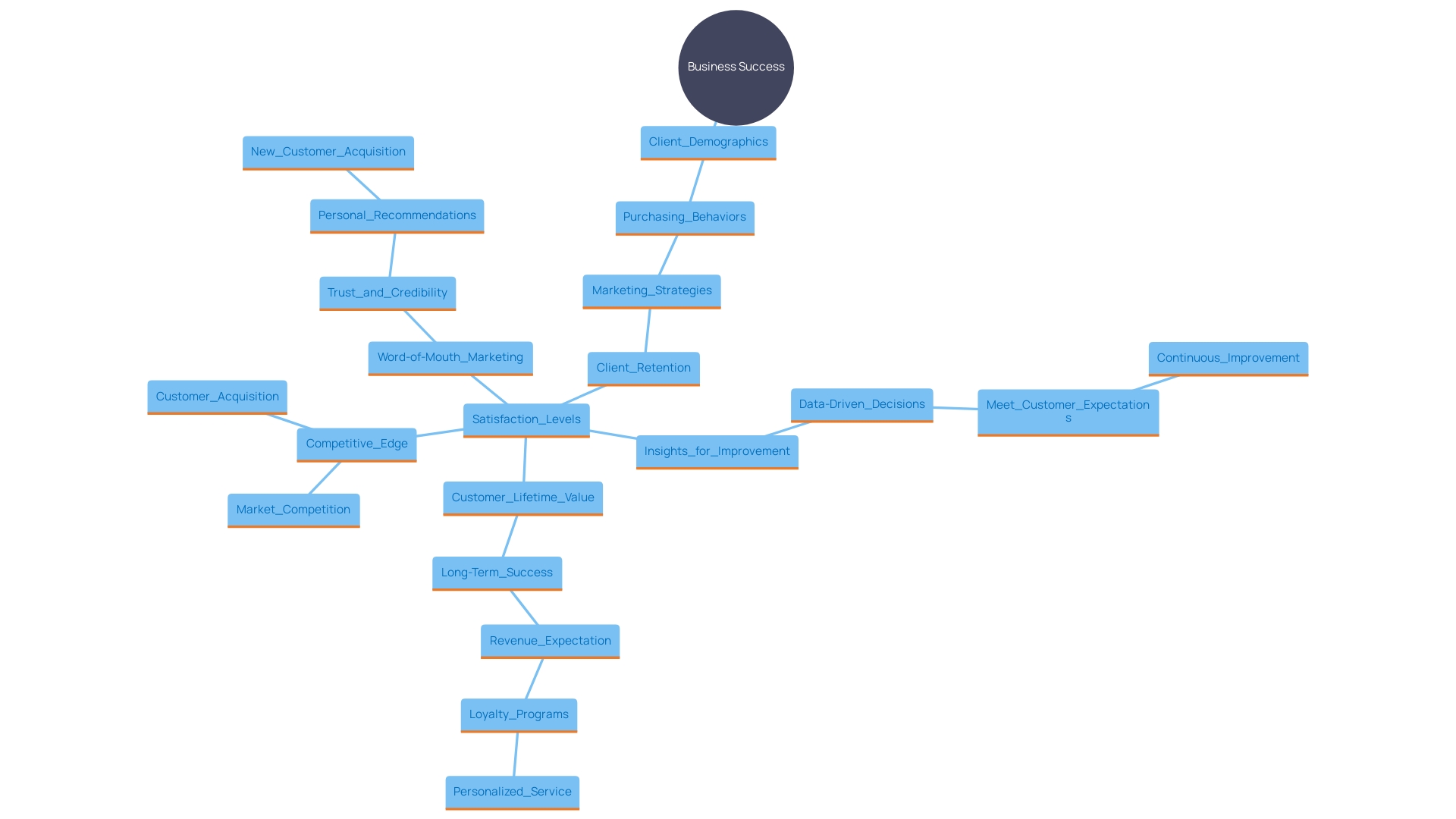
Employee Information
Make sure to review the contracts of employees with a keen eye on pay packages and perks as well as any recent updates. Examine how the organization is structured and identify the key individuals who contribute significantly to its successes. Study the rate at which employees are leaving and evaluate the methods used to keep them onboard in line with industry standards. Look into any conflicts or problems related to labor issues. Especially with the rise in union activities and calls, for improved working conditions. To ensure employee satisfaction and retention at the workplace; It's essential to grasp the company culture and work environment while considering elements such as flexibility and work life balance as key factors, for employee happiness. Implementing work schedules can provide a competitive edge in today's environment where remote work models have been adopted by 30% of small enterprises to keep their talented staff.
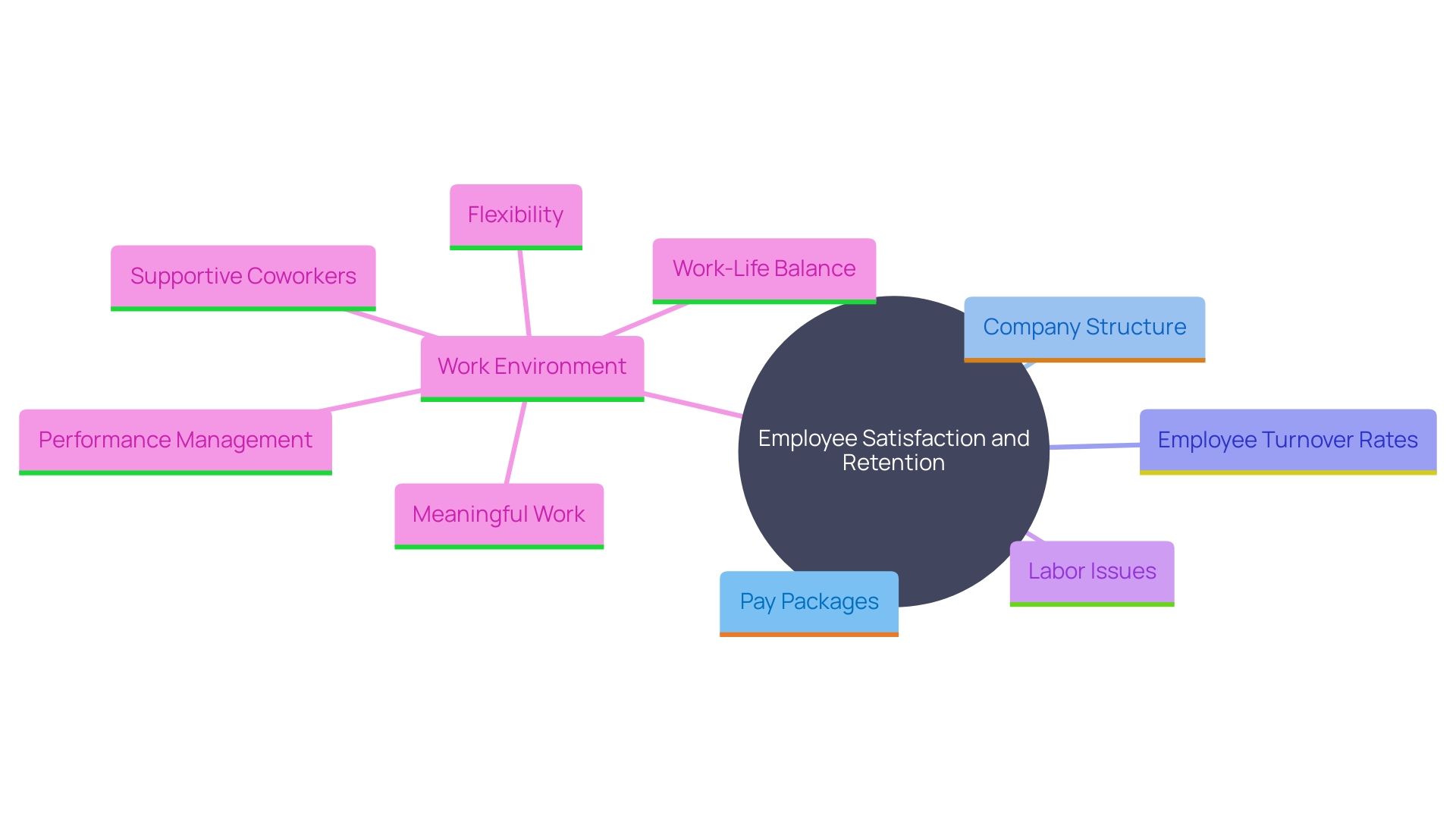
Legal Due Diligence
Ensure all your licenses and permits are up to date and valid to avoid any troubles and keep your operations running smoothly without a hitch! It's extremely important because adhering to regulations correctly can truly impact how your organization operates and how it is perceived by others in the industry! Just remember the Corporate Transparency Act states that entities need to share information about who owns them. So don't forget to stay current with those licenses and permits!
Make sure to check if you are following the rules and regulations set by the industry guidelines as it is crucial for keeping your operations running smoothly and staying clear of any potential fines or penalties that may come your way due to non compliance with the law in your area and adhering to these regulations can give you an advantage over others in the market and protect you from any legal troubles, along the way.
Be sure to look into property rights such as patents and trademarks to safeguard your unique ideas and brand image effectively. Intellectual property holds value and safeguarding it can help avoid expensive conflicts and boost your standing, in the market.
'Carefully review all contracts with suppliers and partners in detail to ensure transparency and clear terms that are crucial for maintaining healthy partnerships and managing potential risks effectively as recommended by Christian Alter from Baker McKenzie; implementing a strategic mindset when engaging in collaborations such as joint ventures can greatly influence the success of an enterprise.'.
Thoroughly examine the risk factors linked to liabilities to make well informed decisions and equip the company to address any legal issues that may arise in the future or near future is essential for effective decision making and preparedness when encountering legal challenges in business operations as recommended by experts in the field A comprehensive due diligence process includes evaluating different elements such, as financial indicators operational procedures and legal responsibilities to guarantee that business choices are well thought out and strategic.
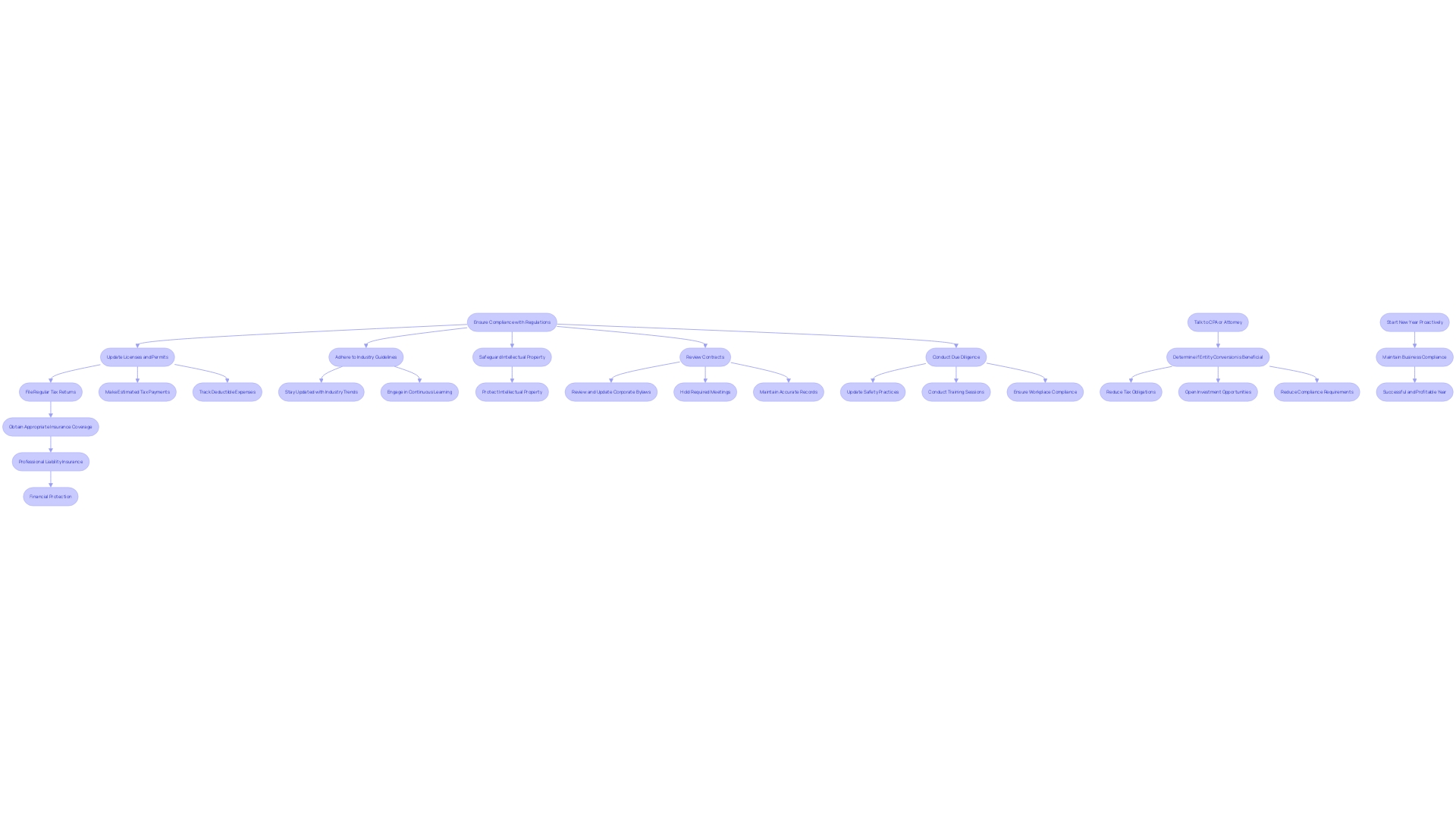
Conclusion
Thoroughly researching before making decisions is vital in todays business world complexity to establish a groundwork for lasting growth and success by examining financial status and other key factors, like company structure and customer feedback.
Analyzing the aspects helps us grasp the stability and future growth opportunities of the business; comprehending the organizations structure is essential for adhering to regulations and mitigating risks effectively.Customer due diligence nurtures better client relationships and boosts marketing tactics to spur revenue growth.Employee data underscores the significance of retaining talent and ensuring workplace contentment—a factor, in sustaining a motivated staff.
Finally Legal investigation protects the company from problems and helps ensure that everything runs smoothly and efficiently.
The thorough method of conducting diligence described in this article not only helps reduce risks but also enables companies to capitalize on opportunities, in a constantly changing marketplace.By focusing on these techniques companies can build up resilience to adapt to shifts and strive for growth.Viewing diligence as a critical strategic aspect sets the stage for a prosperous future and underscores the idea that well informed decisions result in lasting achievements.




